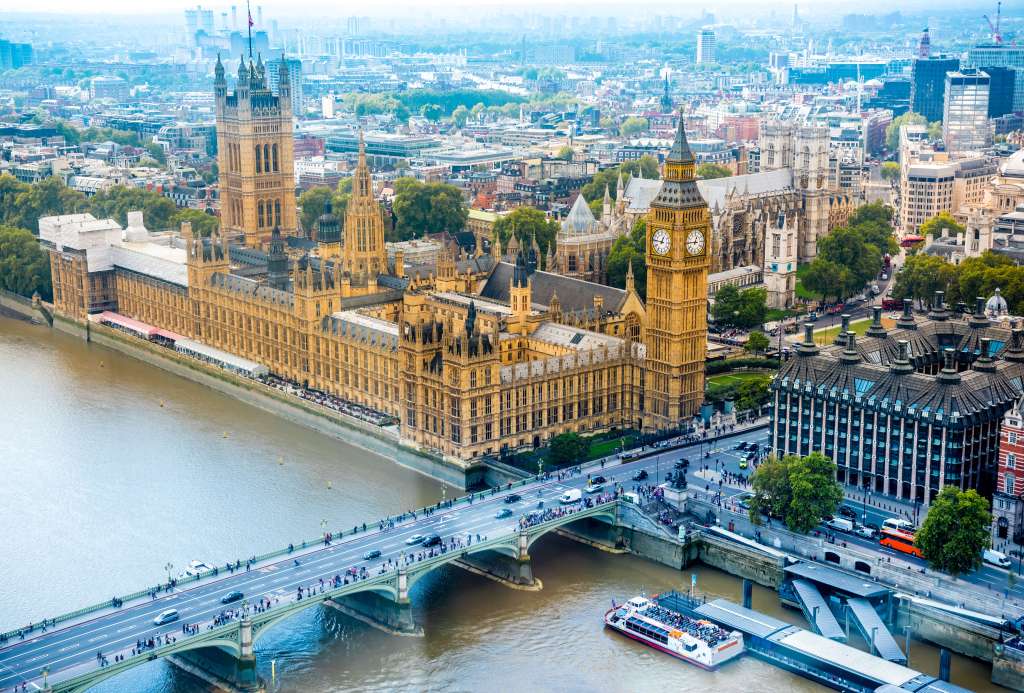Chancellor Jeremy Hunt delivered a Budget on Wednesday 6 March 2024 alongside an economic and fiscal forecast from the Office for Budget Responsibility.
It’s likely to be the last financial statement before the next general election, which must take place before the end of January 2025.
In what Hunt described as “a budget for long-term growth”, here are the latest announcements for landlords:
- crackdown on holiday lets
- multple dwellings relief
- capital gains tax changes
- non-dom tax status
- stamp duty surcharge remains
- any update on rental reforms?
Crackdown on holiday lets
Today’s Budget announcement saw the chancellor abolish tax breaks for holiday lets.
The furnished holiday lettings tax regime will be scrapped from 6 April 2025, meaning landlords with both short and long-term rental properties will no longer need to calculate and report income separately.
Mr Hunt said the taxation on holiday lets needed to change to “level the playing field” and “make the tax system work better for local communities.”
The government hopes this change will drive more landlords to offer long-term rents over short-term holiday lets.
Landlords with holiday lets may also be affected by an increase to the VAT registration threshold. The threshold is set to increase from £85,000 to £90,000 from 1 April 2024, which means landlords can earn more before having to register for VAT.
Residential property is exempt from VAT so only landlords with holiday accommodation would be affected by this change in threshold.
Read more: Fire safety rules for holiday lets
Multiple dwellings relief abolished
Landlords looking to grow their portfolios could be affected by the scrapping of multiple dwellings relief from 1 June 2024.
This tax relief currently gives discounts on stamp duty to people buying multiple properties in one transaction.
Mr Hunt said the current relief system is “regularly abused” rather than encouraging investment in the private rental sector.
Capital gains tax on property
A change to capital gains tax could encourage more landlords to sell up.
The chancellor announced that the higher rate of capital gains tax for residential properties will be cut from 28 per cent to 24 per cent from 6 April 2024.
With one in four landlords looking to sell their property in the next year, this means less of their profits will be taxed when they end up selling.
Meanwhile, private residence relief will remain unchanged.
Scrapping non-dom tax status
The chancellor announced the non-UK domicile tax rules would be replaced with a residence-based regime.
This means overseas landlords will have to pay tax on any earnings they make outside the UK.
Stamp duty surcharge remains
While this had been rumoured, the chancellor didn’t announce any changes to the stamp duty surcharge.
When property owners buy a second home, they’re required to pay an extra three per cent in stamp duty. This means that someone buying a second property for £300,000 pays £9,000 more in tax than someone buying a property as their main home for the same price.
Ahead of the Budget, estate agency trade body Propertymark called on the chancellor to suspend the stamp duty surcharge for one year to encourage buy-to-let investment and reduce the shortage of rental housing.
The National Residential Landlords Association (NRLA) went one step further, asking for the extra three per cent stamp duty to be completely scrapped. It referenced Capital Economics research that suggests removing the extra stamp duty would lead to almost nearly a million customers new rental homes across the UK.
The NRLA said the government would also benefit from an estimated £10 billion in additional income tax and corporation tax.
What’s the latest on rental reforms?
Landlords still need clarity on rental reforms and today’s Budget did nothing to reassure the rental market about what to expect.
The Renters (Reform) Bill has been stuck at the Report stage in the House of Commons since before Christmas, and it remains to be seen how much longer it will take to progress through Parliament.
There have been reports of MPs trying to ‘water down’ the bill with a range of amendments. But Secretary of State for Levelling Up, Housing and Communities Michael Gove recently claimed it would become law before the next election.
As always, keep an eye on the Knowledge centre for the latest updates on this and other landlord news.
Other Spring Budget announcements
- fuel duty freeze – the duty was due to increase by 13 per cent in March, but the 5p cut has now been extended for a further 12 months
- alcohol duty freeze – extended until February 2025
- child benefit reform – the government is consulting on moving to a household-based system by April 2026, and changes today include raising the High Income Child Benefit Charge threshold from £50,000 to £60,000 from April 2024
- employee National Insurance cut by 2p from 10 per cent to 8 per cent from 6 April
- self-employed Class 4 National Insurance cut from 9 per cent to 6 per cent – the government says this could save an average self-employed person on £28,000 around £650 a year
- new British Savings Bonds launching in April 2024, offering a guaranteed interest rate, fixed for three years
- new UK ISA to give savers an additional £5,000 allowance to invest tax-free in UK assets (on top of the existing £20,000 ISA allowance)
What do you think about the latest government announcement? Let us know in the comments below.
More guides for landlords
Get set with tailored landlord cover
Over 200,000 UK landlord policies, a 9/10 customer rating and claims handled by an award-winning team. Looking to switch or start a new policy? Run a quick landlord insurance quote today.
surangaw/stock.adobe.com
